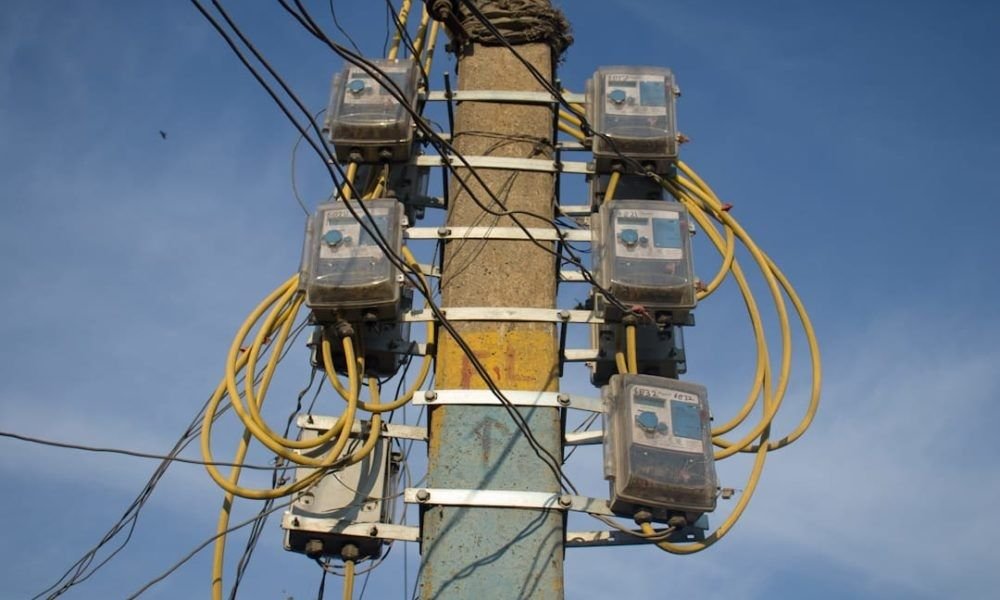In a newly announced ₹16+ crore initiative by the Jammu Municipal Corporation under the National Clean Air Programme (NCAP) to improve air quality in the Jammu city and what it means for Jammu citizens.
What is NCAP & Why it Matters for Jammu
- The National Clean Air Programme (NCAP) is India’s nationally mandated framework to reduce air pollution, particularly in non-attainment cities (i.e. cities which do not meet the National Ambient Air Quality Standards). It focuses on comprehensive action plans in urban areas covering road dust control, vehicular emissions, open burning, industrial emissions, green cover, and public awareness.
- Jammu has been identified among cities needing improvement. Air quality concerns here stem from road dust, traffic congestion, poorly managed open areas, and seasonal burning, among others. The new funds and projects aim to target several major sources in an integrated way.
The Plan: ₹16+ Crore for 2025–26
Breakdown of Projects
| Sector | Number of Projects | Budget (₹ lakhs) | Key Activities |
|---|---|---|---|
| Road Improvement | 14 | ₹ 868.14 lakh | End-to-end paving, laying interlocking concrete tiles, beautification of garbage-prone points; mechanical sweeping; improvement of traffic junctions; decongestion measures. |
| Green Spaces / Landscaping | 8 | ₹ 721.26 lakh | Landscaping; development of green strips along major roads; greening open areas; beautification. |
Total Budget: approx ₹ 1,589.40 lakh (i.e. ₹15.89 crore), which is commonly rounded to “over ₹16 crore”.
Key Focus Areas
- Dust control through road surface improvements. Unpaved or poorly paved roads contribute significant particulate matter (PM10 & PM2.5) via resuspension.
- Mechanical road sweeping, to reduce deposited dust and debris.
- Traffic junction decongestion, aimed at reducing idling, vehicular emissions, and bottleneck-induced pollution.
- Green space expansion and landscaping, which help with particulate deposition, provide shade (reducing heat-island effects), and improve overall environmental quality.
- Public awareness and outreach, e.g. involving schools and colleges. Behavioural change is considered key under NCAP.
Project Implementation: Status & Administrative Directions
- A review meeting was held under Divisional Commissioner Jammu, Ramesh Kumar, to assess past performance and future roadmap.
- Officials reported on 2024–25 interventions (ongoing). For 2025–26, the proposals are finalized (14+8 projects) with allocated budgets.
- Directive issued to expedite tendering process, ensure quality of works, and timely completion.
- Also, focus on drainage: ensuring water flows away from roads and construction of water-soaking pits to avoid stagnation and related problems.
Expected Impacts & Challenges
Anticipated Benefits
- Reduced particulate pollution (PM10 and PM2.5) due to less dust from roads and better sweeping.
- Improved traffic flow will cut down fuel consumption and emissions from idling and stop-go driving.
- Enhanced green cover will help absorb pollutants, provide cooling (reducing summer heat stress), and add aesthetic and recreational value.
- Health benefits, especially respiratory and cardiovascular health, for vulnerable groups (children, elderly, those with pre-existing conditions).
- Public awareness may lead to long-term behavioural shifts (less burning, better waste handling, etc.).
Potential Roadblocks
- Delays in procurement / tendering could push timelines. Quality may vary if oversight is lax.
- Maintenance: Once roads are paved, green spaces landscaped, etc., regular upkeep is essential. Mechanical sweeping must be routine, plants must be cared for, drains cleared.
- Budget utilisation efficiency: Funds might be under-used or diverted unless tracked strictly. NCAP in other cities has shown lag in fund utilisation.
- Community engagement: Green spaces and beautified zones may be encroached upon, misused, or poorly maintained if the public is not involved.
Key Indicators
- Time taken from project approval to tendering to physical execution.
- Percentage of allocated funds actually spent.
- Changes in ambient air quality indices before and after project completion, especially for PM10/PM2.5.
- Traffic congestion metrics at major junctions (before vs after).
- Green cover increase (area, number of trees/plants) along roads.
- Citizen satisfaction surveys; school/college participation in awareness campaigns.
How Citizens Can Participate & Benefit
- Avail of public notices and consultations (if any) during tendering or site selection. Report any unpaved roads, garbage dump points etc.
- Encourage schools and colleges to actively join awareness drives, tree planting, clean-up events.
- Maintain newly developed green strips: avoid littering, respect public spaces, water plants if community participation is involved.
- Use public transport / non-polluting transport options, avoid burning trash, support traffic discipline.
Jammu’s ₹16+ crore commitment under NCAP for 2025–26 is a significant stride toward cleaner air and healthier urban environment. With strategic implementation across roads, green spaces, traffic management, and public outreach, the city has the opportunity to visibly reduce air pollution. Success will depend on timely execution, strong governance, local participation, and sustained maintenance. We recommend close public oversight and regular release of progress data to ensure accountability and lasting impact.
















